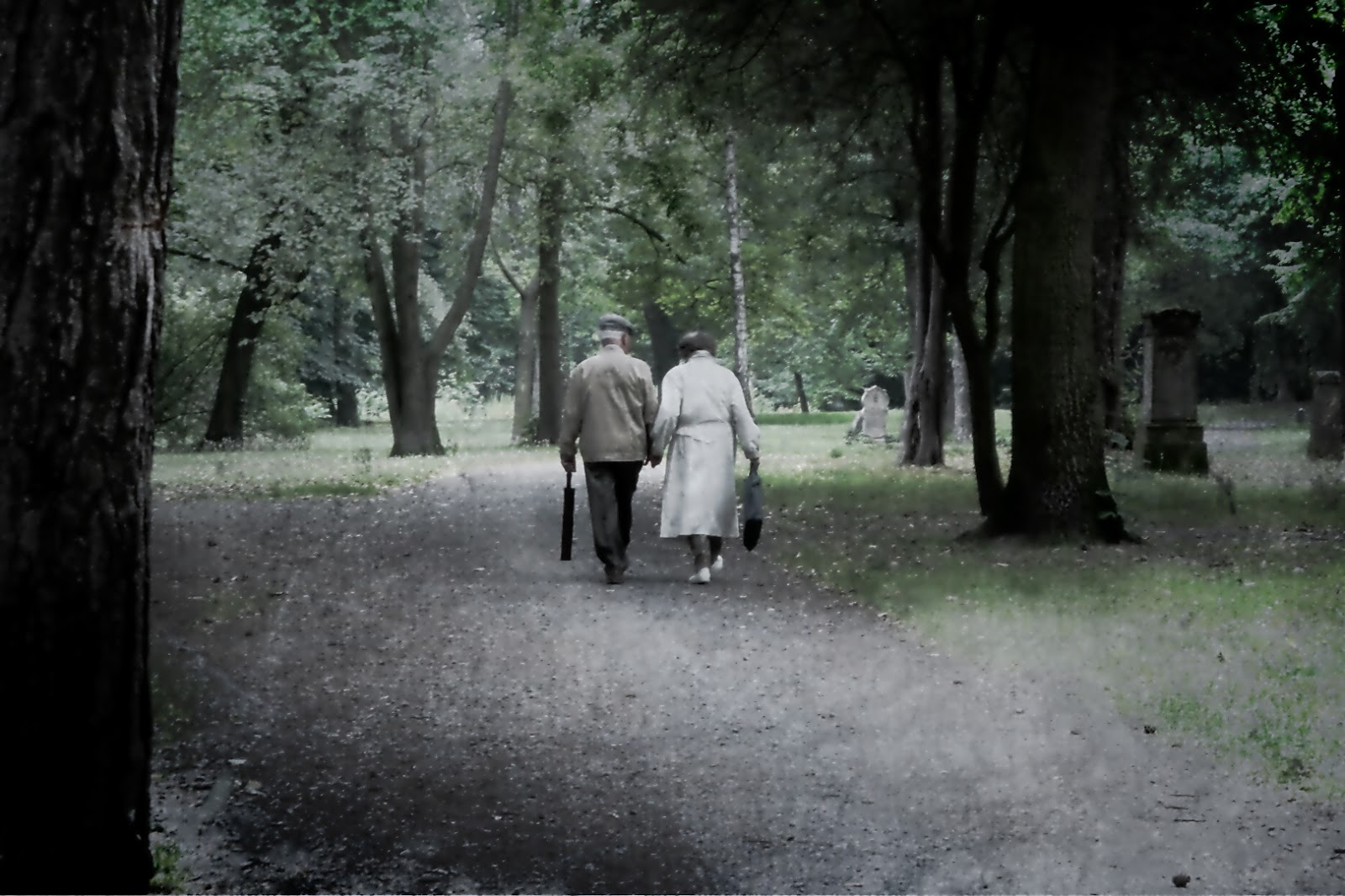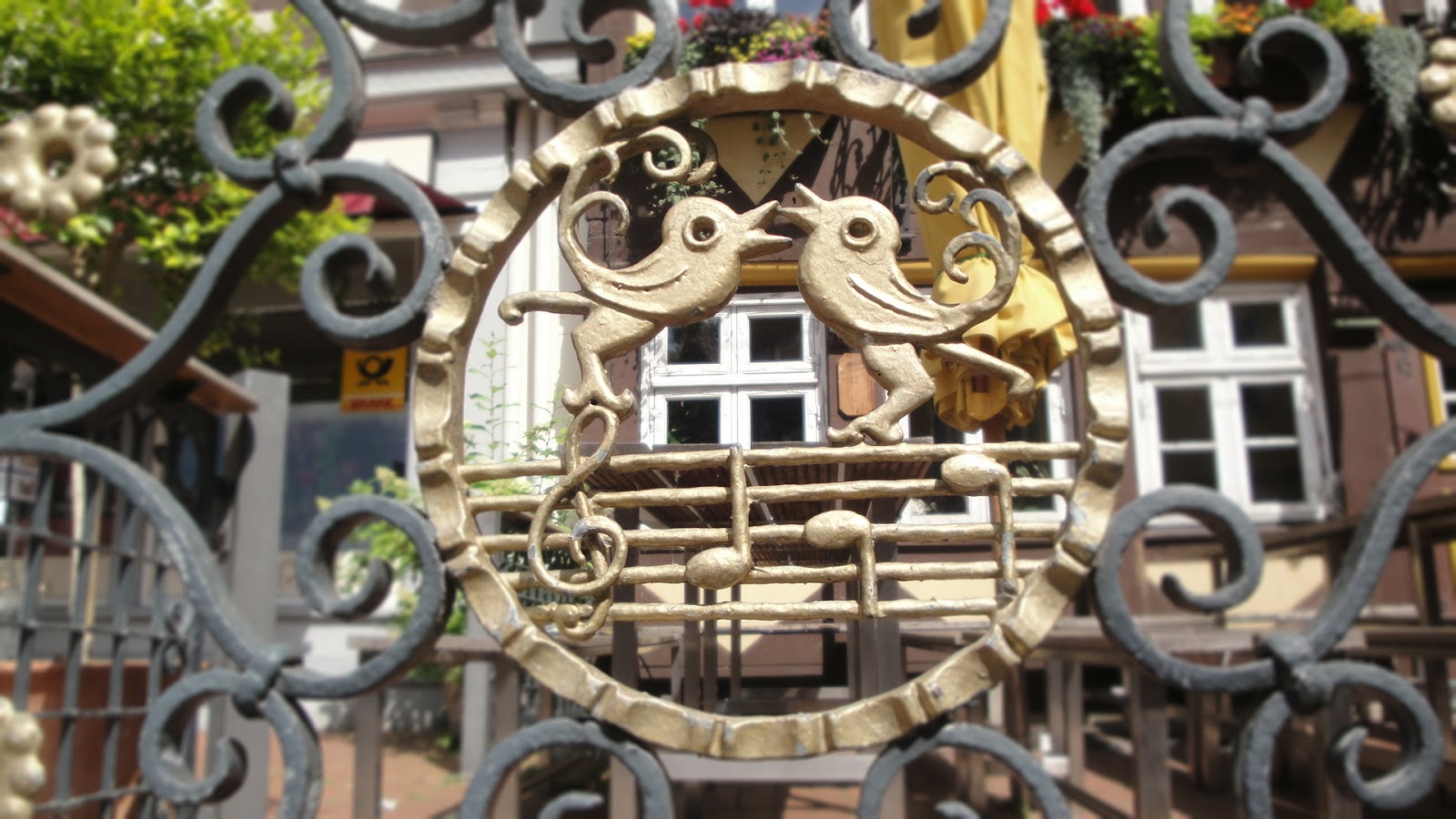In June, my good friend Sarah and I
resolved to each write an academic article during the month of
July. We're loosely following a proven plan of attack, and every few
days or so we meet online to see what kind of progress we are making.
It is not too difficult to write an article—even when
aforementioned term is preceded by terms like “peer reviewed”
and “academic journal.” These bad boys weigh in at approximately
10,000 words (30-35 pages, double spaced). It might seem like a lot,
but for people who are basically trained to write their way into a
doctoral title (a dissertation is upwards of 250 pages, emphasis on the "upwards of"), an article shouldn't be that difficult.
Like most thing in life, however, they are.
I am three-quarters of the way finished
with my rough draft—right around 8,000 words with most of the notes
already added. I'm probably done with the hardest part of the
writing, so by now it should be a sprint to the proverbial finish
line. Instead, I've been stuck for days in the penultimate section of
the paper, where I take everything I've talked about so far and try
to support it with some bits of theory and methodology. This feels
suspiciously less like the homestretch of a race, and more like
standing idly on top of a vast, barren plateau—with vultures
circling above me. Figuratively speaking. I hope.
I am coming up on a little less than
two weeks left in this tiny place. This past Saturday marked the
official commencement of my sorting-trashing-and-packing routine
which has precluded all of the eleven+ relocations I've experienced
in the last thirteen years. This ritual usually begins with a lot of
baffled attempts at surveying my possessions, and reliving that
moment you realize you will never be able to take it all with you.
Despite the fact I've kept myself on a very tight leash regarding
purchasing here, I seemed to have acquired more than what I came here
with. As the research fellow who has been here longer than any other
current scholarship holder, I have been the dumping grounds for the
generosity of others who have faced the same quandary of what to do
with all the stuff they've amassed here. Hence, I've acquired any
number of things, from computer speakers to a computer printer/
scanner; from 3 kg dumbbells to a yoga mat; a rolling office chair; a
large-frame reading chair; from random throw pillows to large, framed
portraits that say things like “home” and “dream” on them;
countless pencils and other office paraphernalia; books; magazines;
picture frame; the cook; the baker; the candlestick maker.
In an effort to make the chaos of it
all seem about as stressful as a trip to the grocery store, I started
by making a list. Of lists. In all, eight lists. A list of things to
trash. A list of things to keep and give, and whom to give them to.
What to pack in my checked baggage. What to pack for the vacation I'm
taking to Croatia before flying home. What to pack in my carry on.
What to pack in the carry on I will take to my best friend's wedding
in Wisconsin the morning after I arrive in Toronto (don't worry
Rachel, I love you). A “before leaving WfB” to-do list... Plus a
few other lists I've probably forgotten about.
The one thing that these lists
basically taught me is: I only have two suitcases. And there is no
way everything will fit in them. And no amount of list-making will
change that. So, stop stressing and start trashing (or “gift”
giving, as Trish will soon learn).
This morning, while enjoying the first,
serene hours of the day in the library reading room, the reason why I
am stuck in my article finally revealed itself. I'm stuck because I'm
trying to write two articles into one.
For my next trick, I shall try to
explain what those two are. The first paper, the one I actually set
out to write, is about how 01 January made people think about the end
of the world a lot more—I mean, a lot more than usual for that time
period (if you've read my blog so far, you know that's saying a lot,
since they were pretty much thinking about it most of the time
anyway). There was something about concluding an old year, and taking
those first few steps into the pristine, freshly fallen snows of a
new year that made people wonder about what heaven would be like, and
about the divine judgment they'd have to withstand in order to get
there. I really like this topic because a.) I get to talk about the
end of the world for the umpteenth time in my very young and naïve
career as an academic; and b.) I thought of a really schnazzy title
for the thing, so schnazzy I won't even mention it here, just in case
thousands of the world leading early modern historians are secret
closet reader of my blog and steal the title from me before I have a
chance to do anything with it (one can dream, right?)
Anyway, that's the paper I wanted to
write. The second paper is a lot more basic, and unfortunately, is
probably the one that needs to get written about first. Essentially,
it's about new year's day in early modern Germany (1500-1700). See,
pretty boring, right? For obvious bore-related reasons, I did not
anticipate talking about this very much in the article about new
years/ apocalypse article. Surely, I thought, it would suffice to
just tack a few paragraphs onto the introduction, in order to provide
“historical context” that would explain “where we get our new
year's from.”
Well, thanks to the fact that history
is never as simple as you think it is, “This is where we got our
new year's from” turned into “By the way, for a really long time,
there was some serious confusion as to when the year even
started—some thought Christmas, some thought 01 January, and other
people thought 25 March. And some people thought it was all three or
neither.”
And then, that turned into “here's
why everything you ever thought about new year's was a lie.”
Well, not everything.
Besides my goal
with Sarah to write an article this month, I set a goal with the
Fiancee to wake up at 6:30AM every morning this month—7AM on
weekends. I don't really know what was going through my mind when we
set that goal, I think something about trying to reset my body clock
or be more productive or something.
At heart, I am a
morning person—I function best when I wake up at the crack of dawn
and work before anyone else get up. But every so often, I go through
phases where I just laze around in bed not doing much of anything
until I'm darn well good and ready. Strangely, such phases coincide
with seasons in which I have no real responsibility to anyone or
anything but myself and my own work, which becomes really depressing
after a while. It turns out that a lack of obligations can be really
stressful. I find setting arbitrary goals helps me recreate that
sense of obligation, which can be really fulfilling.
In this case,
however, I realized that even succeeding in one's goals can have its
downside. Namely sleep deprivation. Waking up at 6:30AM means I can't
just go to bed whenever I please. Going to bed early means I can't
loose track of time scouring facebook for signs that other people
exist. Nor does it mean I can keep drinking coffee until dinner time,
no matter how much I adore the bitter guzzle of tar juice. The more I
try to have my cake and eat it too, the more exhausted I become.
You just can't fit
it all into one day. Or suitcase. Or article. Life is short, and so
is everything else. Better to live selectively and intentionally
rather than all-inclusively and indescriminately, right?
I
don't care. I don't want to split them up. I don't want to write two
articles about new year's in
post-Reformation Germany—even if it would look
good on my resumee. I want to write one article, and tie it up
masterfully into a beautifully bound, logically cohesive,
spell-bindingly captivating read (by academic standards). And then I
want to write a poem about it. And then I want to paint a picture
about the poem, and sell it, and make everyone think how brilliant I
am. How I just capture, in one glorious brush stroke, the full
spectrum of what it means to be a human being suspended in this both
tragic and magnificent fabric of temporality. And then I want to use
the money I make off of that painting to solve world hunger.
Sigh. Sometimes
people tell me I set unrealistic goals for myself.
There comes a time
in every woman's life who gives birth to Siamese twins, a time when
she must decide whether to intervene and separate them, or let them
play with the cards they've been dealt. Even if their mutual liver(s)
are fused between the two bodies. She (and hopefully the father too)
must make the choice knowing that, either way, one or both of the
twins could die. I'm sure that whatever decision she arrives at, she
does so out of love—she wants to give her darlings the best
possible chance at life.
Today, I am that
mother. Kind of. And, as Steven King explained once in regards to the
writing process, if I want my article to survive, I must “kill my
darlings.”
But, should
someday my two little Siamese twins topics come back to seek
retribution for my fateful choice to separate them, I would like to
say how much I love them. How much I want them to survive in the
field of history as fully formed arguments, rather than to be
eternally constrained by the parameters of one article. And so, I am
cutting their wings—in the hopes that one day, they will fly. (That
is the most incoherent and poetic metaphor ever! Which is why I'm not
deleting it!)
I just better
finish all of this by the end of the month if I want to make that
goal.







No comments:
Post a Comment